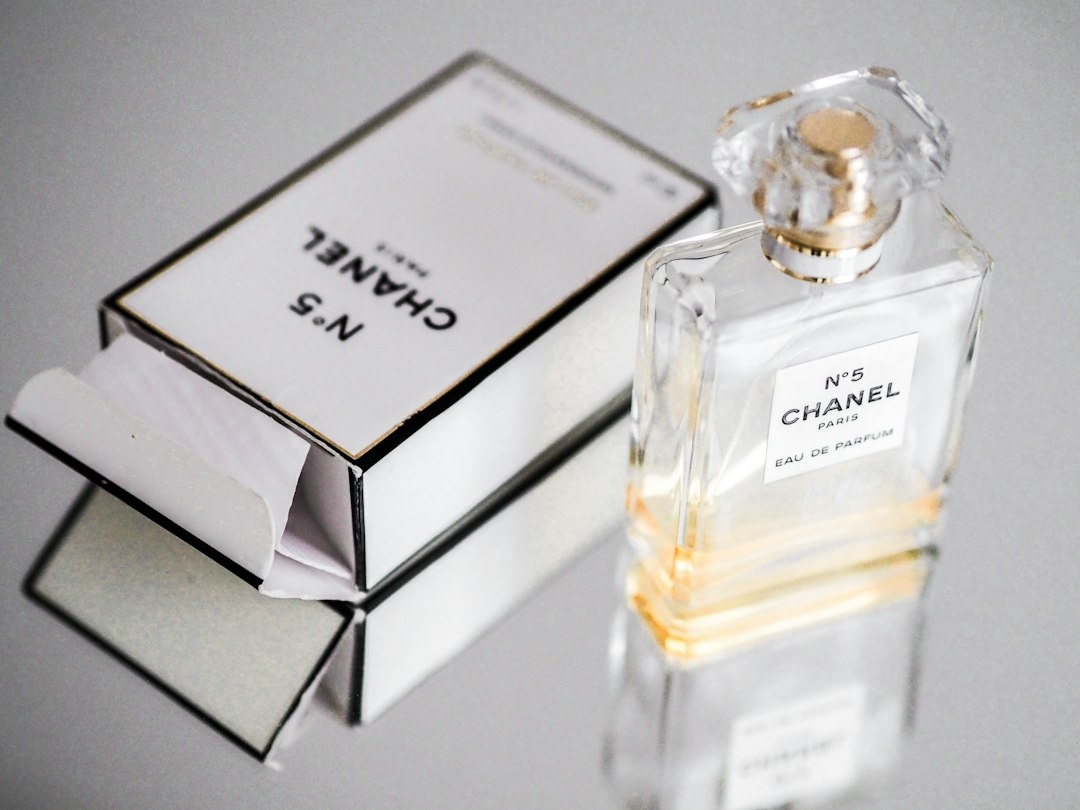Chin hair is a common concern for both men and women. While genetics, hormonal imbalances, and age play a significant role in the growth of chin hair, there is a particular vitamin that is believed to influence its growth. In this article, we will explore the relationship between vitamins and chin hair growth and discuss the importance of proper nutrition for overall hair health.
The Role of Vitamins in Hair Growth
Vitamins play a crucial role in maintaining healthy hair, including the hair on the chin. The deficiency of certain vitamins can lead to hair loss or slow hair growth, while consuming adequate amounts of these vitamins can promote hair growth and strength.
Vitamin D and Chin Hair Growth
Vitamin D is known as the “sunshine vitamin” because our bodies can produce it when exposed to sunlight. It plays a significant role in numerous bodily functions, including hair growth. While research specifically linking vitamin D to chin hair growth is limited, studies have shown that vitamin D deficiency can contribute to hair loss and other hair-related issues.
A study published in the Journal of Investigative Dermatology found that vitamin D receptors are present in the hair follicles and play a role in regulating the hair cycle. Another study published in the British Journal of Dermatology found that women with hair loss tended to have lower vitamin D levels compared to women without hair loss.
While vitamin D deficiency may not directly cause chin hair growth, ensuring adequate vitamin D levels through sunlight exposure, diet, or supplementation may improve overall hair health and potentially support chin hair growth.
Other Factors Affecting Chin Hair Growth
In addition to vitamins, several other factors can influence chin hair growth. These factors include:

- Hormonal imbalances: Hormonal imbalances, such as an increase in androgen hormones, can lead to excessive chin hair growth in both men and women.
- Genetics: Family history and genetics play a significant role in determining hair growth patterns, including chin hair.
- Age: As individuals age, hormonal changes can occur, leading to changes in chin hair growth.
- Medical conditions: Certain medical conditions, such as polycystic ovary syndrome (PCOS), can cause excessive hair growth, including chin hair.
Promoting Overall Hair Health
While specific vitamins may not directly cause chin hair growth, maintaining overall hair health is essential for promoting healthy, strong hair growth in all areas, including the chin. Here are some tips for promoting overall hair health:
- Eat a balanced diet: Ensure your diet includes a variety of nutrients, including vitamins A, B, C, D, and E, as well as minerals like iron and zinc, which are essential for healthy hair growth.
- Stay hydrated: Drink an adequate amount of water daily to keep your body and hair hydrated.
- Manage stress: Chronic stress can contribute to hair loss, so finding healthy ways to manage stress is essential.
- Avoid heat and chemical damage: Excessive heat styling, chemical treatments, and harsh hair products can damage hair and inhibit growth.
- Practice good hair care: Regularly washing and conditioning your hair, using a wide-toothed comb, and avoiding tight hairstyles can promote healthy hair growth.
In conclusion, while there isn’t a specific vitamin that directly causes chin hair growth, ensuring adequate vitamin intake, especially vitamin D, can support overall hair health and potentially contribute to chin hair growth. Alongside proper nutrition, addressing hormonal imbalances, genetics, age, and underlying medical conditions is essential for maintaining healthy hair growth and addressing concerns related to chin hair.
